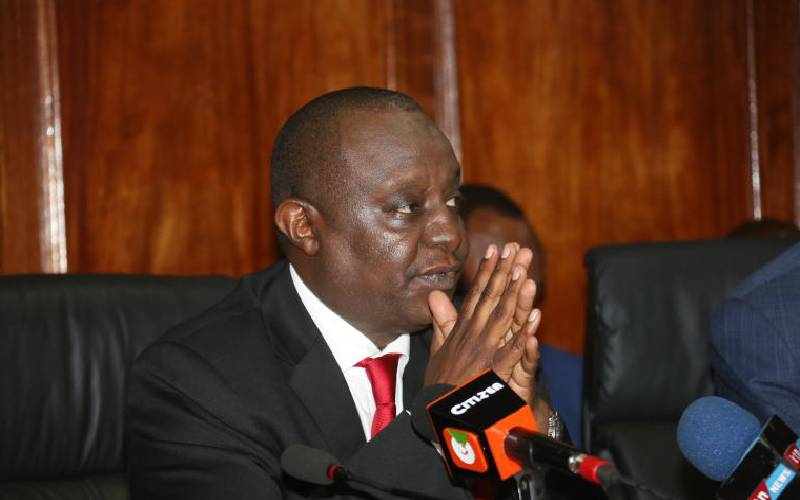×
The Standard e-Paper
Stay Informed, Even Offline

Treasury CS Henry Rotich. [Standard]
The budgeting process of a country is supposed to reflect the nation’s economic growth and status - in light of the budget and projected growth vis a vis, the projected revenue collections.